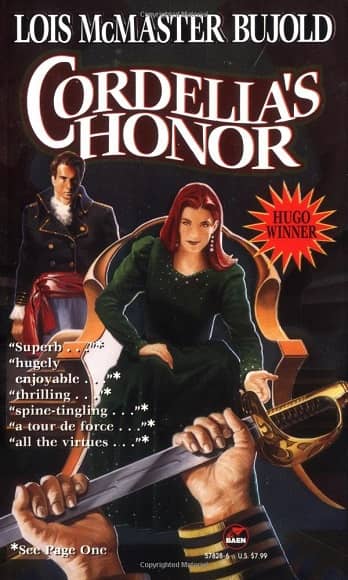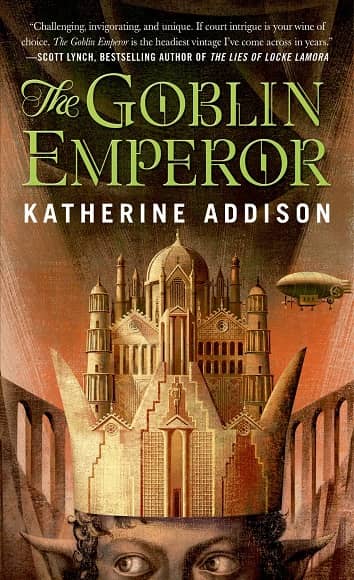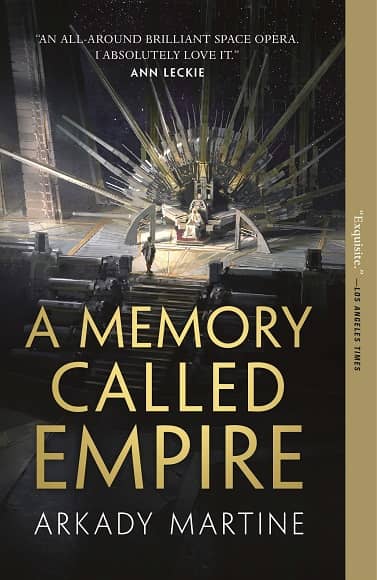Viewpoint Intimacy Through a Third Person Lens
 |
 |
 |
Cordelia’s Honor by Lois McMaster Bujold (Baen 1996, cover by Gary Ruddell), The Goblin Emperor by Katherine Addison (Tor 2014,
cover by Anna Balbusso and Elena Balbusso), and A Memory Called Empire by Arkady Martine (Tor 2019, cover by Jaime Jones)
Since quarantine has brought an unexpected windfall of time for me, I’ve been beta-reading more than usual, and from sources beyond my immediate network of writer-friends. With these new novels, however, I’ve noticed this trend of a lack of intimacy with third person viewpoint characters.
I’m not sure if this is a discomfort with diving deeper into their character’s viewpoint, not knowing how to deep-dive into PoV, or taking the “show-don’t-tell” adage a step too far, to the point where the prose only “shows” action and all moments of interiority and reflection are seen as “telling.”
Or perhaps it’s that some writers watch more films, or play more video games, than they read, and recycle techniques borrowed from visual media that don’t have the same impact in prose? This is not to disparage visual and/or interactive entertainment, nor writers who learn how to tell stories in that media. However, visual media uses a different skill-set to convey emotion, and there are things that can be done with prose that can’t be done as well in film.
Whatever the root cause, I’ve read multi-viewpoint novels where the writers specifically stated that the plot was deeply character driven, and yet, for the life of me, I couldn’t tell you anything about the characters that wasn’t directly tied to the plot. It’s as if the writer feared to bog down the narrative with character backstory, either as a result of excessive edits or an unwillingness to include it in the first place. By the end, all that was left was what was introduced in Chapter 1. The characters had no past, and their only future derived from events in the story. I felt so removed, like I was watching things unfold from a distance, and while the plot escalated and had the necessary dramatic beats, I simply didn’t feel anything. I wasn’t experiencing, I wasn’t sinking into the prose and being transported.